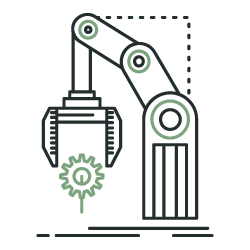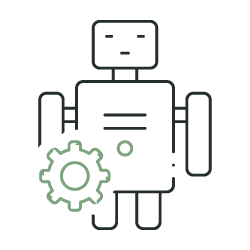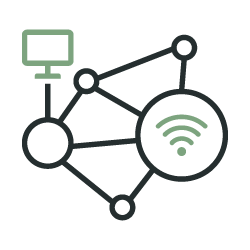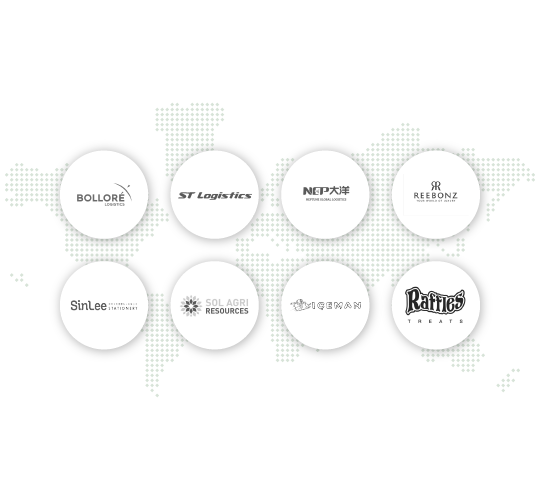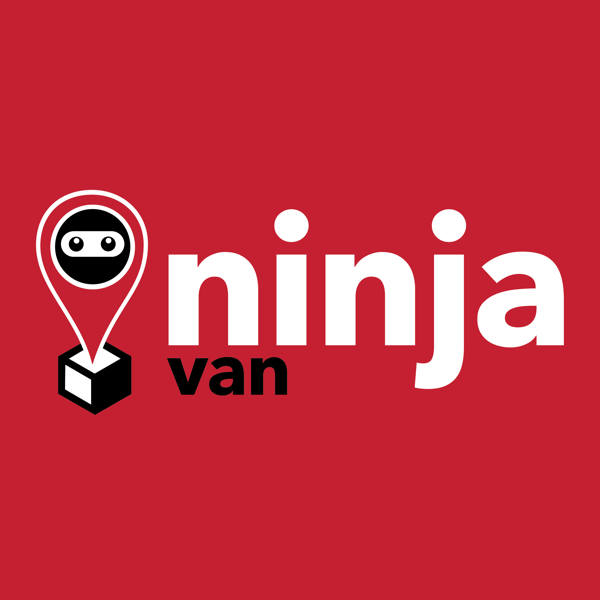Covers Exploratory Data Analysis, Linear Regression, Logistic Regression, Decision Tree, Time Series Forecasting, Recommender Engines, Text Mining, ANN, SVM, K means Clustering, Ensemble Machine Learning Techniques
PROJECT 1
TITLE - Predict House Price using Linear Regression
DESCRIPTION - With attributes describing various aspect of residential homes, you are required to build a regression model to predict the property prices.
PROJECT 2
TITLE - Predict credit card defaulter using Logistic Regression
DESCRIPTION - With various customer attributes describing customer characteristics, build a classification model to predict which customer is likely to default a credit card payment next month. This can help the bank be proactive in collecting dues.
PROJECT 3
TITLE - Predict chronic kidney disease using KNN
DESCRIPTION - Predict if a patient is likely to get any chronic kidney disease depending on the health metrics
PROJECT 4
TITLE - Predict quality of Wine using Decision Tree
DESCRIPTION - Wine comes in various style. With the ingredient composition known, we can build a model to predict the the Wine Quality using Decision Tree (Regression Trees)

